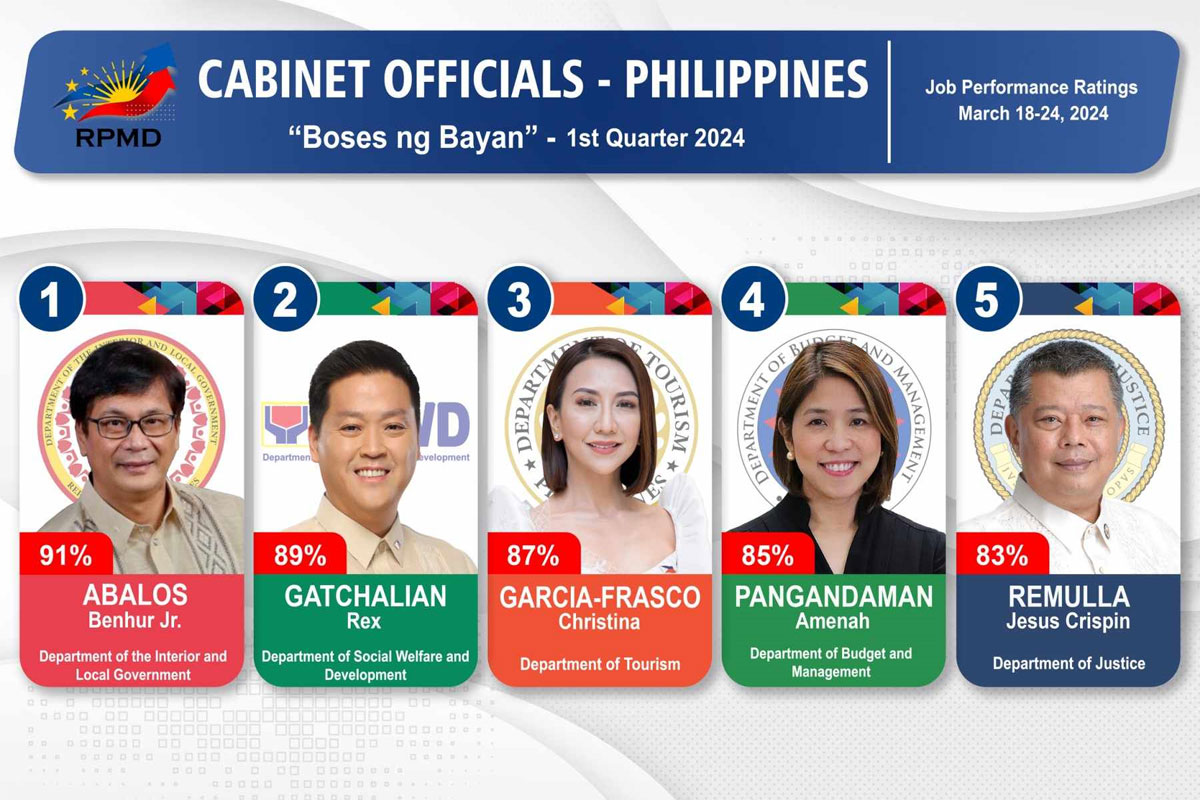
Online ‘budol-budol’ on the rise – Barbers
Urges DTI to take action vs online scams, sellers
WITH the continuing rise of “budol-budol” online selling scams victimizing mostly low-income consumers, Surigao del Norte Representative Robert Ace Barbers has called on the Department of Trade and Industry (DTI) and other concerned government regulatory agencies to compel all online delivery services firms to adopt more stringent measures before processing shipment of goods by online sellers.
The latest modus of online budol, Barbers said, is by “targeting” houses with people whose only shopping behavior is to receive and pay cash on delivery (COD) parcels.
Barbers said the scammer would review previous records from target’s FB and other social media accounts, steal the personal data, and send them low-value or “worthless” items.
Once the item/s had been delivered, mostly by bike-riding delivery men, Barbers said the latter are instructed not to allow the opening of the package, usually on a COD basis, unless payment had been made by the unsuspecting would-be victims. If the package was opened before the delivery man left and was rejected, the victim would be required to pay RTS (return to sender) fees.
“I have received numerous reports of people victimized by online scammers who steal personal data from targeted victims’ FB (Facebook), Messenger, or other social media accounts and use them to deliver bogus goods to victims, some of whom did not even order such goods,” Barbers, chairman of the House Committee on Dangerous Drugs, said.
To prevent the occurrence of such scams and protect online buyers, Barbers said the DTI and other concerned offices should compel all online delivery service firms in the country to thoroughly check the identity of all online sellers transacting business with them, requiring the latter to produce valid documents such as government-issued identification cards (IDs) so that consumers can get back at them if necessary.
“Sa mga legit na online sellers, may option ang online buyers/consumers tulad ng pag sauli ng items at makakuha ng refund kung mali o bogus yung nai-deliver sa kanila. Pero ‘pag na scam ka, goodbye na sa pera mo, Marami na, at dumadami pa, ang nabibiktima ng ganitong klaseng budol-budol na hindi lang naire-report sa mga otoridad,” Barbers said.
The solon from Mindanao said the majority of the victims, some of whom he knew personally, had been duped by amounts ranging from P100 to P5,000 and would just opt to “charge them to experience’ rather than report and pursue a refund or file a case against the bogus sellers.
“Karamihan sa mga biktima ng online scams ay ipinapasa-Dios na lang yung kanilang karanasan. Kung sila’y nabiktima, say ng mga halagang P100 to P5,000, karamihan ay ‘di na nag-iisip na magreklamo para mag-refund o pumunta pa sa otoridad tulad ng PNP [Philippine National Police] at NBI [National Bureau of Investigation] dahil baka daw mas lalo pa lumaki ang gastos nila,” he explained.
Barbers said delivery service firms such as J&T Express, LBC, Abest Express, JRS Express, GrabExpress, 2Go Express, Lalamove, Mr. Speedy, Fastrack, among others, must require all online sellers transacting business with them to produce valid IDs and addresses to protect all consumers from online scammers.
The PNP and the NBI both have their respective Anti-Cybercrime Offices and “hotlines” where victims of digital scams can file their complaints.
“Pero alam natin na bihira lang sa mga mahihirap o low-income earners na biktima ang nagsa-sadya sa kanilang (PNP at NBI) mga opisina para magreklamo. Una, maliit lang naman na amount ang na-scam sa kanila. Pangalawa, may takot sila na baka lalo pang lumaki gastos nila kung magre-reklamo pa sila,” he said.
The laws crafted against online/digital scams include the Cybercrime Prevention Act of 2012 (RA 10175) or crimes committed through and with the use of information and communications technologies; Consumer Act of the Philippines (RA 7394) or protection against deceptive, unfair and conscionable sales acts and practices; and Electric Commerce Act of 2000 (RA 8792) which penalizes fraudulent dealings, transactions, arrangements, agreements, contracts and exchanges, and storage of information through the utilization of electronic medium.
The other common modus of online scammers include “phishing”, where scammers use e-mail lures for “fishing” for passwords and financial data from the sea of Internet users; “vishing” (also known as voice phishing) or a socially engineered technique used to steal information or money from consumers via voice calls; and “e-mail spoofing” which is the creation of e-mail messages with a forged sender address, something which is simple to do because the core protocols do not need authentication, and steal personal and financial from victims.



















